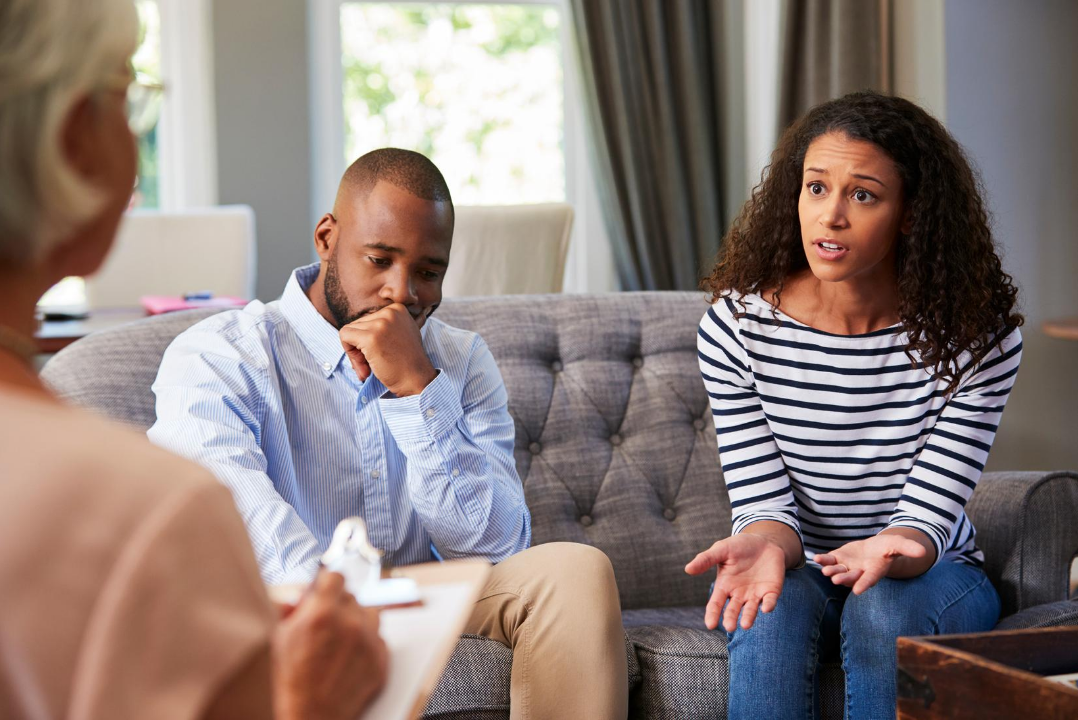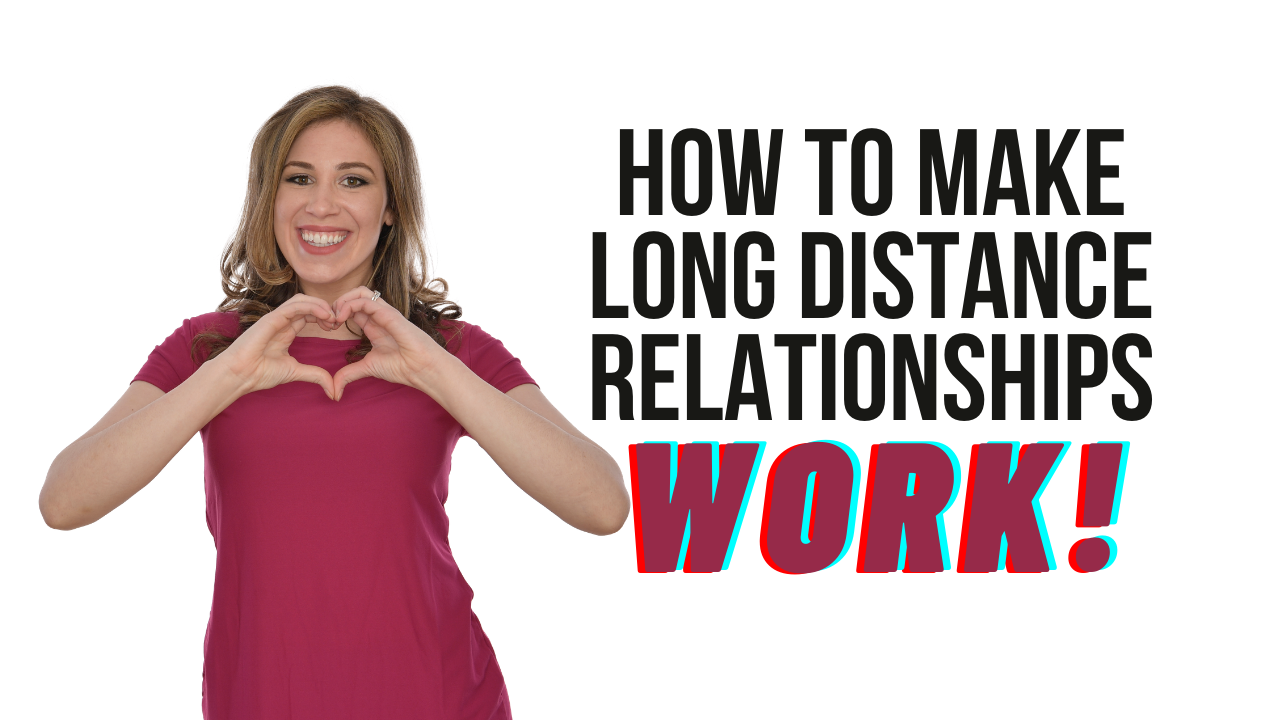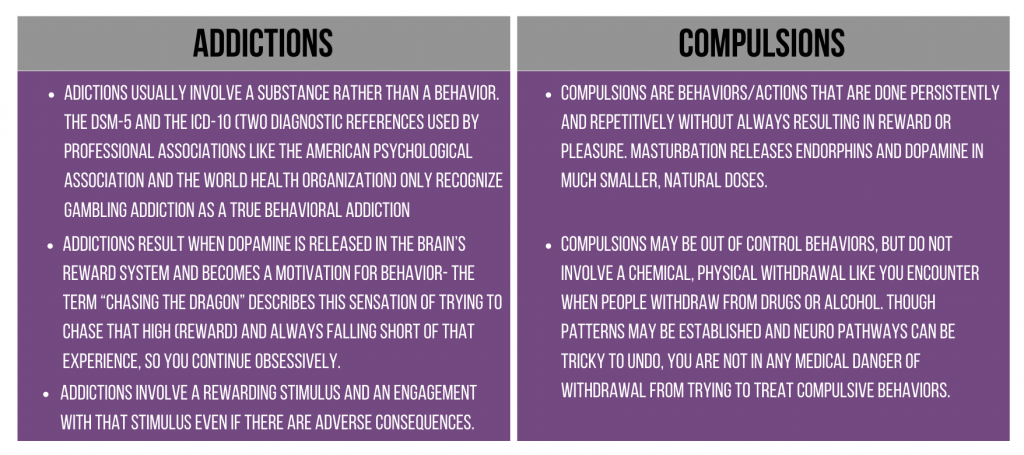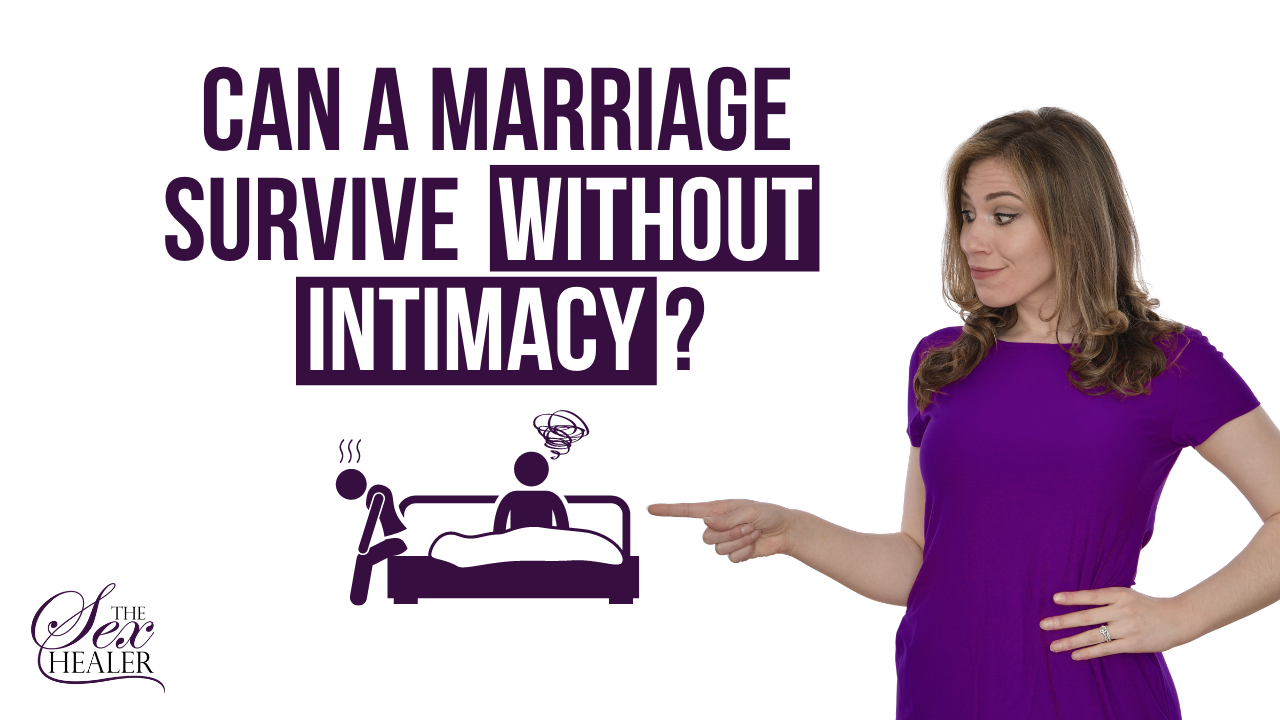The Harmful Myth of Hypersexuality
Did you know that hypersexuality, sometimes referred to as “sex addiction,” is not a universally recognized or scientifically recognized addiction?
This may bring you a sense of relief, it may bring you a sense of confusion – how is it that so many people, especially celebrities in the media, are claiming to be “sex addicts?” then?
To give you perspective on how treatment for hypersexuality was born, you should know that in the late 70’s a chapter of Alcoholics Anonymous decided they would try and apply the famous 12 step program to their perceived issues around infidelity, porn watching and “out of control” sexual desires.
This model not only relied on oversimplifying human sexuality and trying to cram it into the framework of substance abuse, it also relied on a religious or spiritual component.
While religion can be a beautiful thing, and science shows that those with faith have overall happier, and more productive lives, there are many misconceptions, binaries, and narrow definitions around sex and sexuality in religious contexts.
According to David Ley, a clinical psychologist, and the author of The Myth of Sex Addiction “sex addiction is truly a social phenomenon, not a clinical or medical one.”
Is your mind blown yet? In an interview for Vice, Ley goes on to say, “most people who self-identify as sex addicts do so because they or their spouse read an article or saw a talk show about sex addiction.”
So, are you a sex addict or just experiencing hypersexuality?
What does “Sex Addiction” have to do with Hypersexuality?
The conclusion you can reach here is that most people didn’t even know they had a “problem” or “deviant sexual behavior” until they found out about it in the media or googling it!
This is the same media that objectifies women, reaffirms stereotypes around sex, race and class, and ultimately misrepresents the healthy sexual habits and desires of “normal people.”
It is the same media that salivates over Tiger Woods’ cheating on his wife and reveals salacious details of celebrity sex tapes.
Agents, managers and PR people know this to be true and use it to their client’s advantage (just imagine Harvey Weinstein blamed his atrocities on his “sex addiction” rather than his misogyny, narcissism and sociopathy).
Sex addiction is a great scapegoat for not finding “consent,” and after all, if addictions are a disease that can’t be helped, it may absolve you of accountability when you violate someone’s trust or consent.
Why is “Sex Addiction” a Problem?
Unfortunately, people who have hypersexual tendencies tend to have more sex, enjoy exploring their sexuality, may have multiple sexual partners, or view sex as a priority in their lives, are stigmatized and painted with the same brush as those with a “sex addiction.”
People who are hypersexual can be portrayed as untrustworthy, out of control, disgusting, immoral and even criminal. Meanwhile, criminals can avoid accountability due to their “sex addiction,” creating a lose-lose situation.
The reality is, hypersexuality in and of itself is not a bad thing!
North American culture is notoriously puritanical when it comes to sex and sexuality, so with an open mind and mutual respect, one can be safely, and ethically, hypersexual.
In fact, being hypersexual can be a great thing!
What Hypersexuality is NOT! Busting Hypersexuality Myths!
Don’t get it twisted: being hypersexual isn’t necessarily negative, yet it is stigmatized and unfairly (and often unscientifically) associated with other problems.
- Hypersexuality is NOT infidelity. Infidelity is when someone violates a partner’s trust or their agreed upon terms in their relationship. Open relationships and polyamorous partnerships are built on communication, boundaries and intimacy, and they can be an ethical way to enjoy sex with multiple people without violating trust.
- Hypersexuality is NOT a moral failing. Unfortunately, most of us are raised to believe that you grow up, fall in love, and marry someone that you will have sex with for the purpose of having children. Anyone who has sexual desire fell outside of this “norm” can be deemed a sex addict, a slut, whore, or pervert.
Did you know that sex addiction is most frequently self diagnosed by gay and bisexual men?
This is likely because they are taught to feel ashamed of their desires for other men or their “deviant” needs, and this feeling of judgment and embarrassment around sex is often found in people who come in stating they are sex addicts.
Are you ashamed because you feel you are hurting other people, or do you feel ashamed because society has told you you’re wrong for loving and desiring sexual experiences outside of the heterosexual, monogamous relationships?
- Hypersexuality is NOT the same as a side effect: Hypersexuality, as we are discussing it, is consensual, pleasurable, and healthy sex that happens more often than others feel comfortable with, and we are not discussing the physiological side effect of some medication or time of month where arousal is higher.
Just as some meds can lower your libido, some medications and health conditions actually put your libido into overdrive, which is only a problem if you feel it is tiring, out of control or unwanted. Like mentioned earlier, sometimes partners are the ones who “diagnose.”
- Hypersexuality is NOT an excuse.
TRIGGER WARNING: Sexual Assault.
Hypersexuality is never a valid excuse for violating a person’s trust or consent. Period.
Acting as a rapist not hypersexual, it is a criminal act. As research states, sexual assault rarely has to do with sexual gratification, yet much more about power (and sometimes entitlement).
A high libido is not associated with pedophilia, bestiality, or any other sexual crimes.
This blog post may seem a bit more serious than usual, yet it is important to know the answers to “WHY” stigmas around hypersexuality are so harmful!
The Benefits of Being Hypersexual
Now for the fun stuff: what are some advantages to being hypersexual?
- The world is your oyster: hypersexual people tend to be more open minded about their sexuality, and this can mean opening yourself up to new experiences with a variety of people. This of course doesn’t mean that all hypersexual people identify as queer or alternative, rather that they are able to experience a lot of different types of sex, whatever their sexuality orientation or preferences may be.
- Communication: people who are successfully hypersexual are often excellent communicators. If you take your pleasure seriously and love having sex, you are more likely to ask for what you want and ask your sexual partner what they desire. This makes for better, more satisfying sex because communication is often so sexy!
- A vivid imagination: If you enjoy a lot of sex and are constantly wanting to better yourself sexually, you probably have an awesome imagination! Hypersexual people fantasize about sex more often than people with lower libidos, and that means a lot of brain activity, a rich fantasy life and a boost in creativity.
- Confidence & Empowerment: When you embrace who you are and pursue a life that is pleasurable, ethical, and fun, you ooze confidence. Not just the confidence of feeling attractive (though that is a nice feeling), you also have the empowerment of being an independent thinker, and the confidence of someone who challenges social norms with healthy questioning.
As you can see, hypersexuality can be empowering and a lot of fun!
Issues with hypersexuality are often the same issues we come across in heteronormative relationships: jealousy, a need for communication, and fulfillment of sexual desire.
If you are practicing safe sex, enthusiastic and informed consent and are satisfied, there is no need to be ashamed or seek “treatment” for “sex addiction,” so we suggest proudly and confidently calling yourself hypersexual!
You can get more free content on relationship and sex tips by checking out my Youtube Channel – The Sex Healer.
If you know someone that would benefit from this information, feel free to share it.
Life Coaching and Therapy (LCAT) is a relationship coaching and sex therapy practice that transforms our clients lives through our flexible, multi-technique approach and pleasure-skills training provided by systemically-trained and licensed therapists!

Our team of compassionate, licensed therapists and certified sex therapists help Millennials and Baby Boomers alike who visit us for a variety of relationship, intimacy and sex problems.
LCAT provides on-site appointments, as well as video chat and text therapy programs. For clients hoping to take their intimate lives to the next level through personalized coaching on YOUR terms, learn more about our Text Therapy Program.
Learn more about how LCAT can help improve your life at What We Do.
Call or text us at 203-733-9600 or make an appointment.


 Get to know our founder and owner, Amanda Pasciucco, (a.k.a. The Sex Healer) PhD, Licensed Marriage and Family Therapist (LMFT), and an AASECT Certified Sex Therapist (CST) that has developed innovative therapy programs and therapy videos that get results.
Get to know our founder and owner, Amanda Pasciucco, (a.k.a. The Sex Healer) PhD, Licensed Marriage and Family Therapist (LMFT), and an AASECT Certified Sex Therapist (CST) that has developed innovative therapy programs and therapy videos that get results.


































